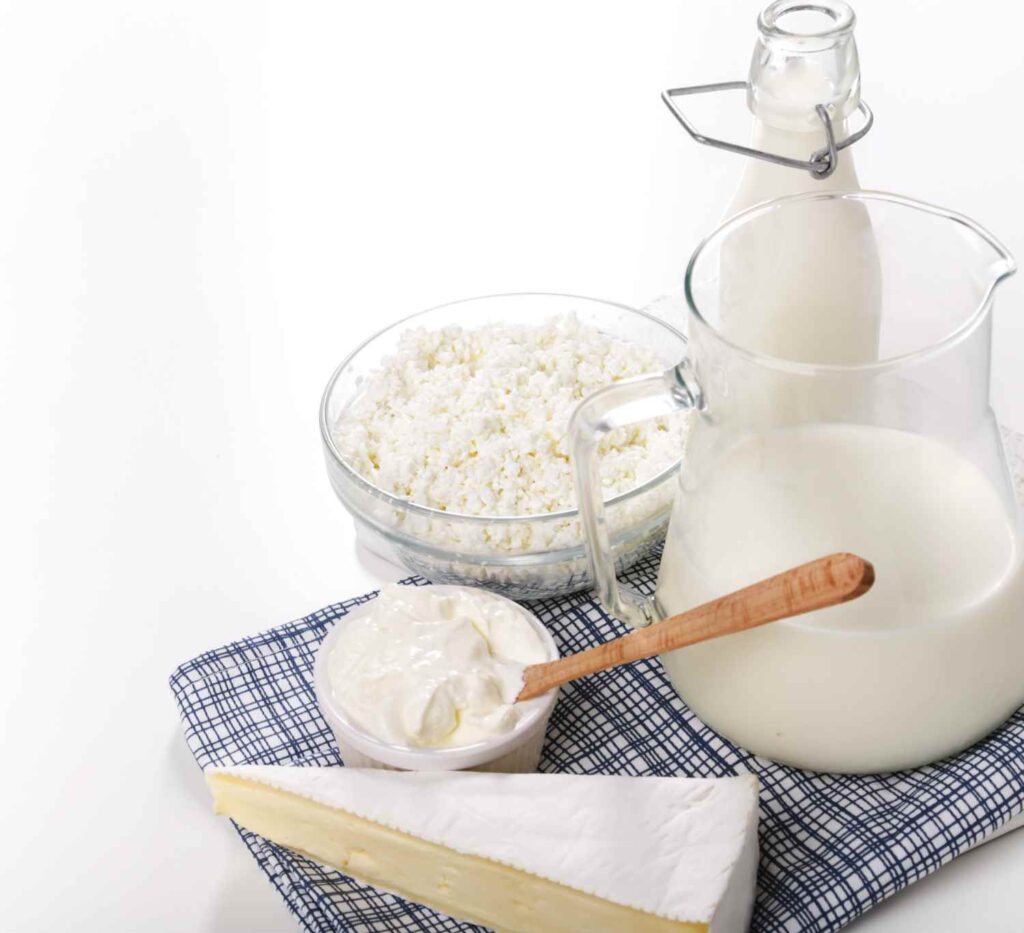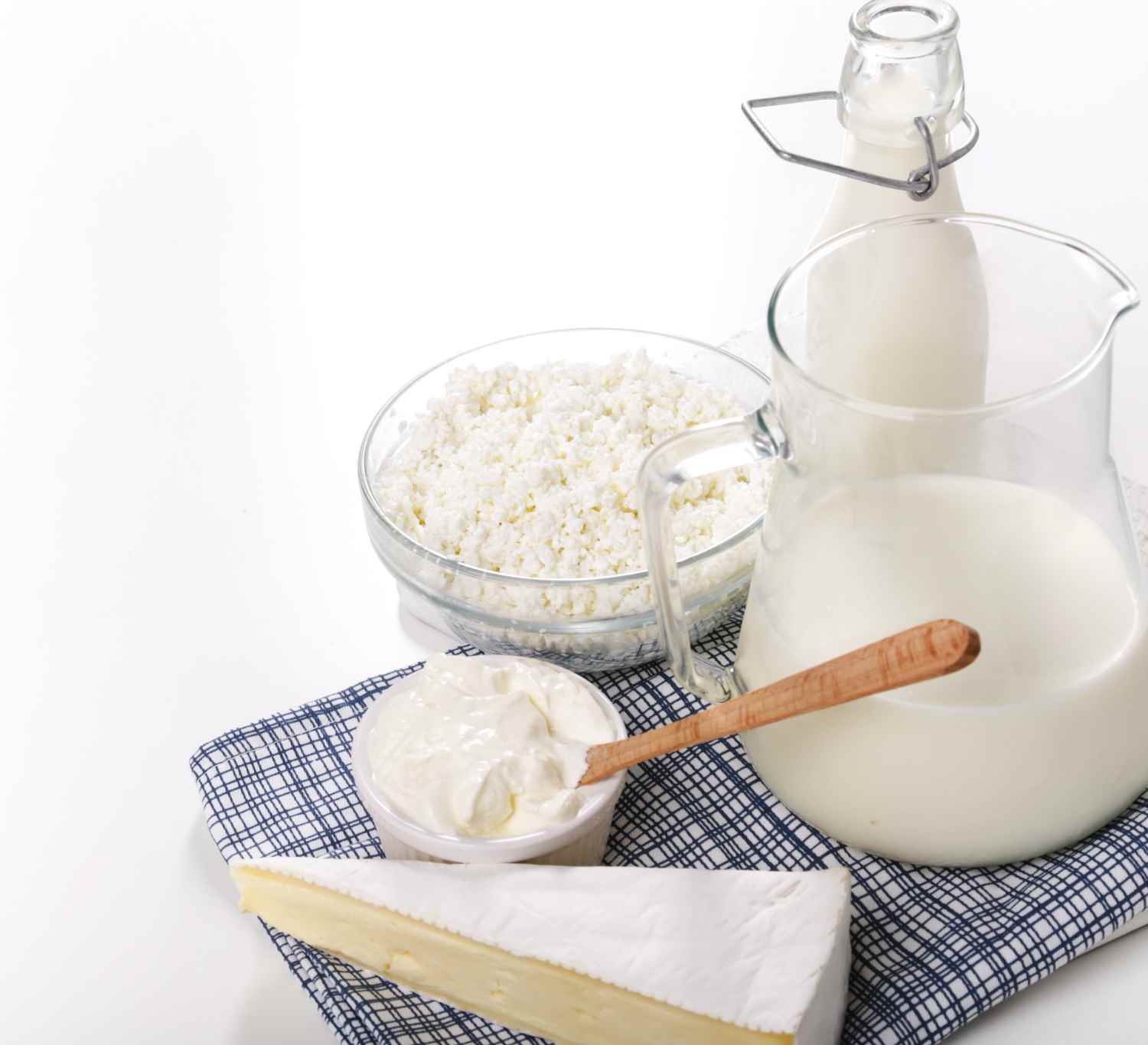
The food fermented They are becoming more and more important in the modern diet, and it is not difficult to understand why.
Products like yogurthe kefir and kimchi not only stand out for their versatility, but also for the wide variety of benefits they offer to our healthfrom improving digestion to strengthening the system immunological.
According to the nutritionist clinic Sumaya Rodríguez Heinsen, the food and fermented beverages are made through microbial cultures and enzymatic conversions, which not only transforms the flavor and texture of the products, but also enhances their nutritional properties.
“This process helps break down compounds that our body may have difficulty digesting, such as certain sugars and proteins, facilitating their absorption“explains the professional.
A great variety
The food fermented They cover a wide range, including products dairy like cheese, yogurt and the kefiras well as bread, beer, wine, vegetables fermented such as sauerkraut, kimchi, and even some legumes and sausages.
Rodríguez refers that these food can be divided into two categories: those that contain bacteria alivelike the yogurt and the kefirand those in which bacteria They die during the process, like bread or alcoholic beverages.
The great advantage of food fermented lies in their effects about him system digestive and its ability to improve the microbiota intestinal. “Fermentation favors the growth of bacteria beneficial in the intestine, which is key for efficient digestion and protection against pathogens,” comments the obesologist.

Know its benefits
The food fermented They not only support the health intestinalbut they can also be essential during treatments with antibiotics. “The antibiotics can alter the balance bacteria in the intestine, and food fermented can help restore it,” says the nutritionist.
Furthermore, these food are known to help reduce or eliminate compounds that cause problems gastrointestinallike the “fodmaps“, responsible for discomfort in people with digestive sensitivity.
Another important benefit is that some products fermentedlike bread or kefircan reduce or eliminate the glutenwhich is especially beneficial for those suffering from illness celiac or sensitivity to gluten.
However, the professional health warns that, although there is evidence of these benefits, more is needed studies to confirm some of the effects in the long term.
In addition to their effects in digestion, food fermented may offer benefits for the prevention of diseases chronicles. Recent research has suggested that regular consumption of dairy fermented like him yogurt and the kefir may be associated with a lower risk of developing type 2 diabetes.
“Although there is still more to go studies confirming these findings, the relationship between the products dairy fermented and the reduction of diseases metabolism is promising,” says the nutritionist.
The consumption of these food It has also been linked to improvements in composition bodilycholesterol reduction and protection against diseases cardiovascular.
According to Rodríguez Heinsen, its inclusion in the diet could be a valuable strategy to improve health in the long term, especially in people facing conditions such as obesityprediabetes, syndrome irritable bowel (IBS) or mild cognitive impairment.
Impact on the microbiome
The regular consumption of food fermented from a young age could have a lasting positive impact on the microbiome intestinalwhich plays a crucial role in digestion and system immunological.
The expert explains that people who include food fermented throughout their lives can have a significant advantage in health intestinal and, therefore, in the prevention of various diseases.
“These food have a positive impact on the health general, and its influence on the microbiota intestinal can be key to a healthier and more balanced life,” concludes Rodríguez.



